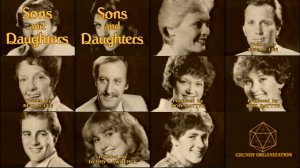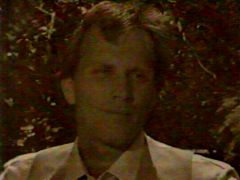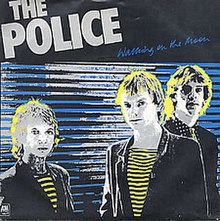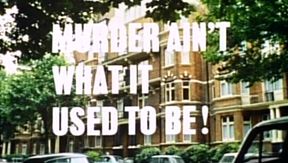
Escape from Alcatraz is a 1979 American thriller directed by Don Siegel and starred Clint Eastwood. It dramatizes the only possible successful escape attempt on Alcatraz Island. The film co-stars Fred Ward, and also features Patrick McGoohan as the suspicious, vindictive warden, and features the film debut of Danny Glover.
Frank Morris is sent to the prison on Alcatraz. There, he meets his old friends, brothers John and Clarence Anglin and also makes the acquaintance of the prisoner in the cell next to his, Charlie Butts. After a series of negative experiences involving the warden of Alcatraz, Morris decides to escape and persuades the other three men to join him.
The inmates dig through the walls of their cells with spoons, make Papier-machier dummies to act as decoys, and construct a raft out of raincoats. On the night of their escape, Butts gets frightened and does not go with the others. Morris and the Anglin brothers make it out of the prison and paddle their raft towards the mainland, never to be seen again. Still, there is some hint at the end of the film that they made it to shore.

Screenwriter Richard Tuggle spent six months researching and writing a screenplay based on the 1963 non-fiction account by J. Campbell Bruce. He went to the Writers Guild and received a list of literary agents who would accept unsolicited manuscripts. He submitted a copy to each, and also to anybody else in the business that he could cajole into reading it. Everyone rejected it, saying it had poor dialogue and characters, lacked a love interest, and that the public was not interested in prison stories. Tuggle decided to bypass producers and executives and deal directly with filmmakers. He called the agent for director Don Siegel and lied, saying he had met Siegel at a party and the director had expressed interest in reading his script. The agent forwarded the script to Siegel, who read it, liked it, and passed it on to Clint Eastwood.
Eastwood was drawn to the role as ringleader Frank Morris and agreed to star, providing Siegel direct under the Malpaso banner. However, Siegel insisted that it be a Don Siegel film and out-maneuvered Clint by purchasing the rights to the film for $100,000. This created a rift between the two friends. Although Siegel eventually agreed for it to be a Malpaso-Siegel production, Siegel went to Paramount Pictures, a rival studio and never directed an Eastwood picture again.





















































